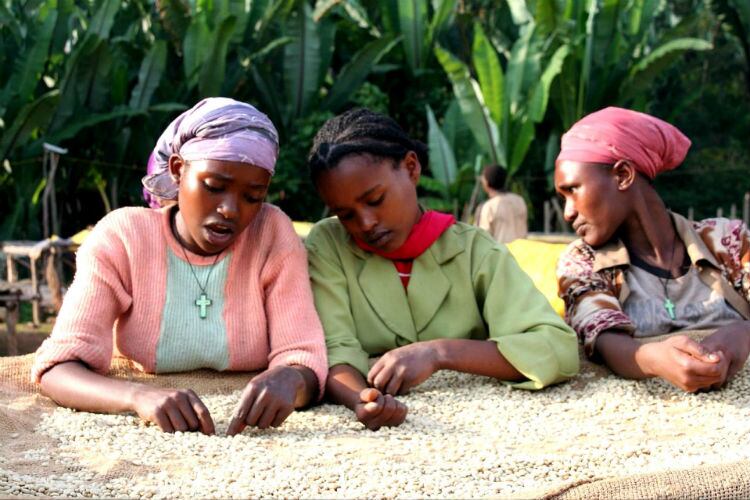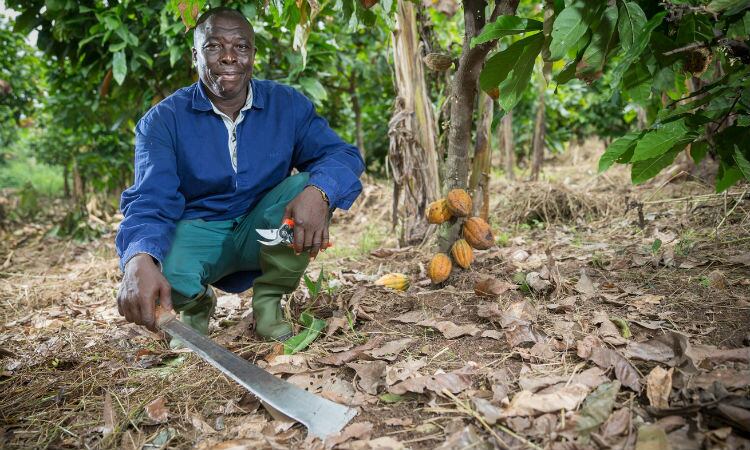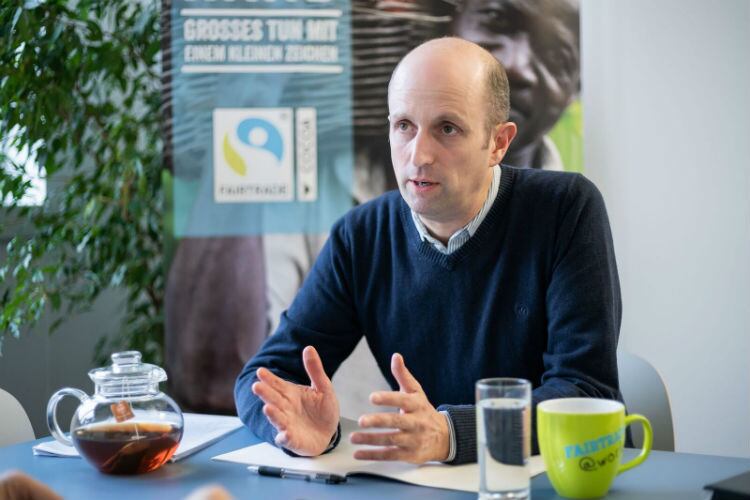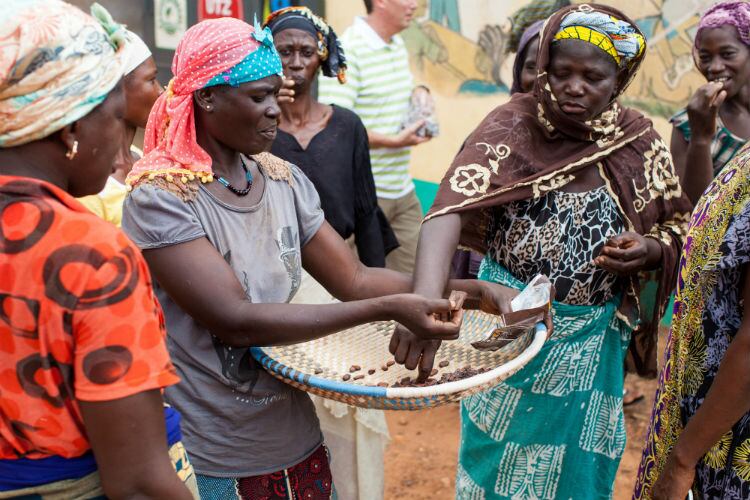In the holiday season most of you think of sharing with your family and giving presents to your children and loved ones while perhaps enjoying a warm beverage with them, but very few of you will be aware of the sad reality of the children in the communities that produce the coffee, tea and cocoa you drink, and the chocolate you eat.
Most of these children will receive neither gifts nor food from Santa Claus, because the truth is Santa Claus was not created for them, and because we, the consumers, who play Santa Claus, are indifferent towards, or unaware of, their daily struggle. There are more than 100 million of these children, mostly living in poverty, tens of millions in extreme poverty, due partly to our indifference, but mainly because of the cruel business model of multinational companies in those industries that we support daily with our customer loyalty and purchasing power.
From the profits they make with the coffee, tea and cocoa that you drink every day, these companies may share less than one cent per cup in net benefits with the producers and even less with farm workers. On the other hand they can accumulate tens of billions of dollars in profits per year. This is in great part why tens of millions of the children of these farmers and farm workers live in extreme poverty; they have no homework to do, because there are no schools in their communities, and they, like their parents, eat barely enough and are malnourished.
Many of them work, breaking local laws that prohibit child labor and also violating the Convention of the Rights of the Child. This is a consequence of our sharing net benefits less than one cent per cup of the coffee, tea and chocolate we drink with the communities that produce it for us.
Major coffee, tea and cocoa companies and traders buy as low as they can and sell as high as they can. Many of these same companies pride themselves on being fair, sustainable and ethical, with the endorsement of hundreds of NGOs, of the governments and politicians of developed nations, of multilateral organizations, including the UN, so-called “ethical” “certification” labels and even the churches who benefit from these businesses. The truth however is that what they call “ethical” in coffee, tea and chocolate may perpetuate poverty; providing an insignificant benefit of less than four cents per day, per person, to the poor people in these rural communities.
This new world
But we, the consumers, are not able, through corporations, charity organizations, or development aid, to change poverty-stricken lives radically. A transparent shared value system, with compensation of at least 10CentsperCup of coffee, tea and cocoa (chocolate) consumed in developed countries, can change the world for more than 100 million children, and in total for 400 million people, in the rural communities that produce the raw materials for these drinks that are so enjoyed by the rest of the world. This is why I am working to create We Share, a transparent shared value system based on compensation from consumers to producing communities.
The World Economic Forum in Davos has undoubtedly been the one single organization that has wasted the most its unique and concentrated power to change the world. The world’s most influential entrepreneurs, academics and politicians talk about 'Improving the State of the World' and 'Shared Value' at World Economic Forum in Davos but do not practice it towards the hundreds of millions of poor people who supply the WEF Summit, their industries, their universities or their governments. The WEF has never shared 1 cent per cup of coffee to Improve the State of the World.
We must have the courage to tell the truth to our own children: for hundreds of millions of poor children Santa Claus does not exist, they are not part of the “Christmas business model”. They have no education, healthcare or good nutrition, mainly because neither companies nor we, the consumers share with their parents even one cent as compensation for what they, and some of the kids with their own child labor, produce for us.
I hope you will agree with me that, if we share enough with others, if we compensate properly those who produce for us, we can change the world for them. When We Share 10CtsPerCup of coffee, chai and cocoa, or 10CentsPerBar of chocolate, we will be able to tell our children that no one needs to be a Super Hero, or the most influential leader in Davos, to fight social injustice and 'Improve the State of the World'. Millions of us together, sharing a few cents per cup, could invest billions of dollars per year towards ending poverty and creating a rural middle class where currently poverty reigns and hunger is a fact of life.
I look forward to your comments or questions and to your @10CentsPerCup or @10CentsPerBar.




